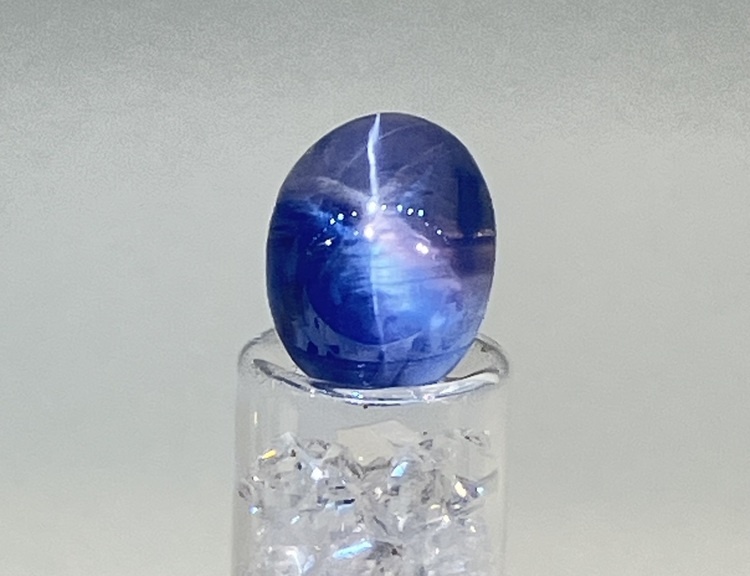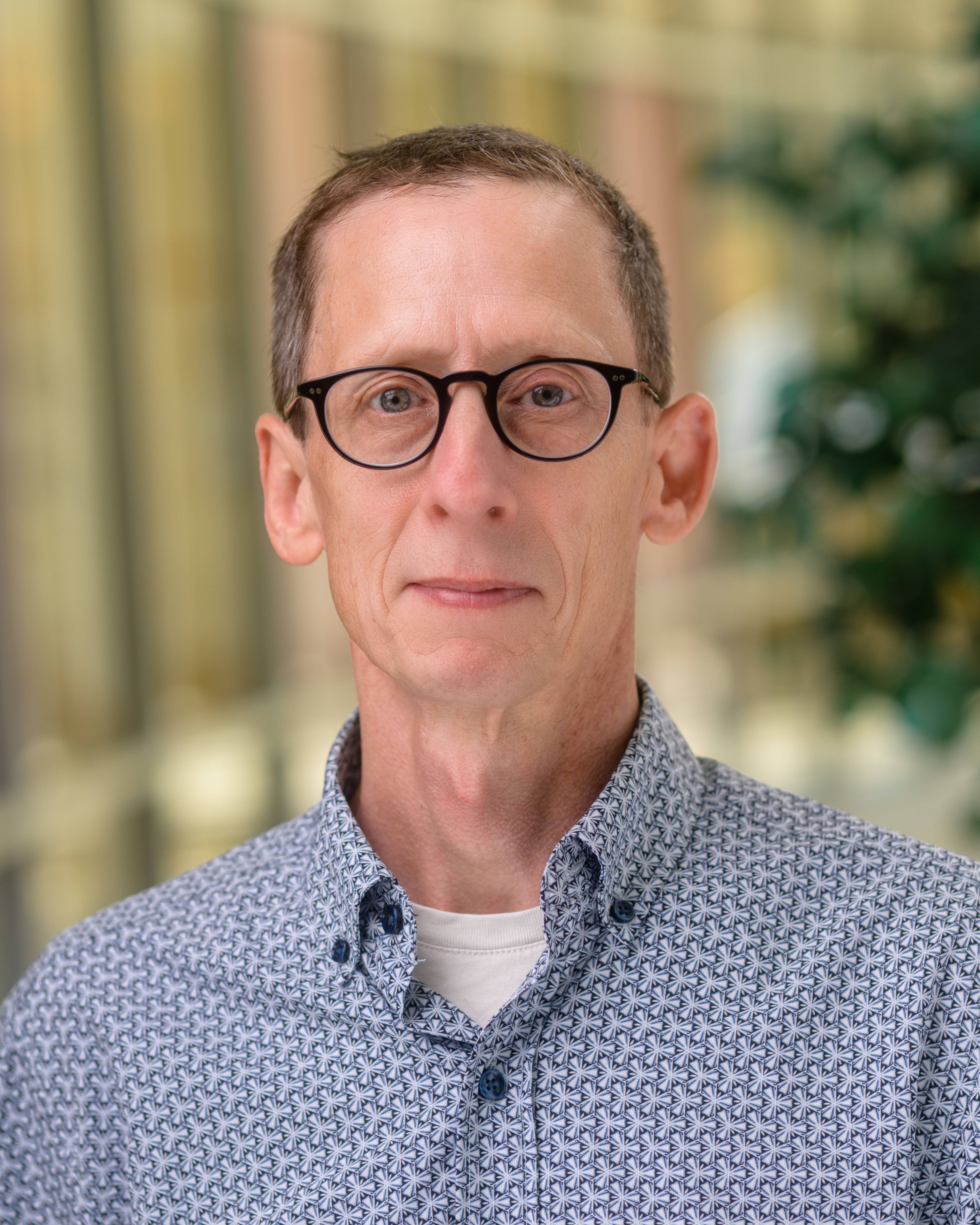The Division of Natural Sciences and Mathematics comprises eight departments and programs committed to examining the world through an empirical and mathematical framework. With state-of-the-art facilities, faculty teach students the foundations of their discipline and conduct cutting edge research.
Diversity is a source of strength, creativity, and innovation for the scientific and mathematical community. In Colgate University’s Division of Natural Science and Mathematics, we welcome and value diversity of backgrounds, identities, and perspectives. We commit ourselves to inclusive excellence in teaching and research by providing new opportunities, mentorship, and community for students, faculty, and staff.
- Home
- Academics
- Departments & Programs
- Division of Natural Sciences and Mathematics




